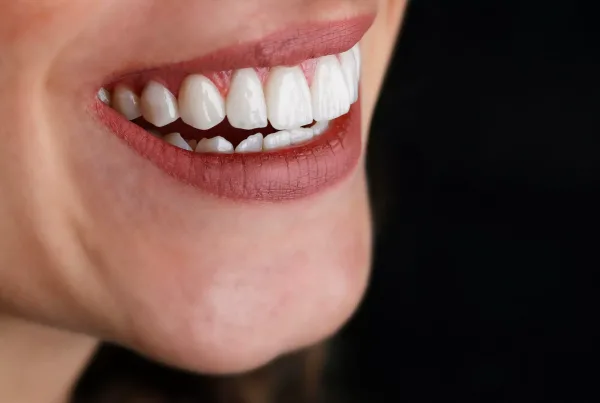Tooth itch in babies is a term sometimes used by parents to describe the discomfort or irritation their baby experiences during the teething process. Teething is a natural developmental stage in which a baby’s first set of teeth, known as primary or baby teeth, start to emerge through the gums. As the teeth move and break through the gum tissue, it can cause some discomfort and irritation, leading to what parents may refer to as “tooth itch.”
During teething, babies may exhibit various signs and symptoms, which can include:
- Excessive drooling: Teething stimulates saliva production, leading to increased drooling.
- Chewing and biting: Babies may chew on toys, fingers, or anything they can find to alleviate the pressure on their gums.
- Irritability and fussiness: The discomfort caused by teething can make babies irritable and more sensitive.
- Red and swollen gums: The area around the emerging tooth may appear red and swollen.
- Changes in eating and sleeping habits: Some babies may experience changes in their eating and sleeping patterns during teething.
- Low-grade fever: In some cases, teething may be associated with a slight increase in body temperature, but it should not cause a high fever.
It’s important to note that teething is a natural process, and some babies may handle it with minimal discomfort, while others may experience more noticeable symptoms. As a parent or caregiver, providing comfort and relief during this time is essential.
To help alleviate tooth itch or discomfort during teething, you can try some of the following strategies:
- Offer teething toys or a chilled teething ring for your baby to chew on.
- Gently massage your baby’s gums with a clean finger.
- Provide comforting cuddles and distractions to help ease their discomfort.
- Use over-the-counter topical teething gels or ointments specifically designed for babies (always follow the recommended dosage and consult with your pediatrician).
- Offer breast milk or formula feeding as nursing may provide comfort.
If your baby seems excessively uncomfortable or experiences severe symptoms, it’s always a good idea to consult with your pediatrician for guidance and reassurance. Remember that teething is temporary, and as the baby’s teeth emerge, the discomfort typically subsides.





